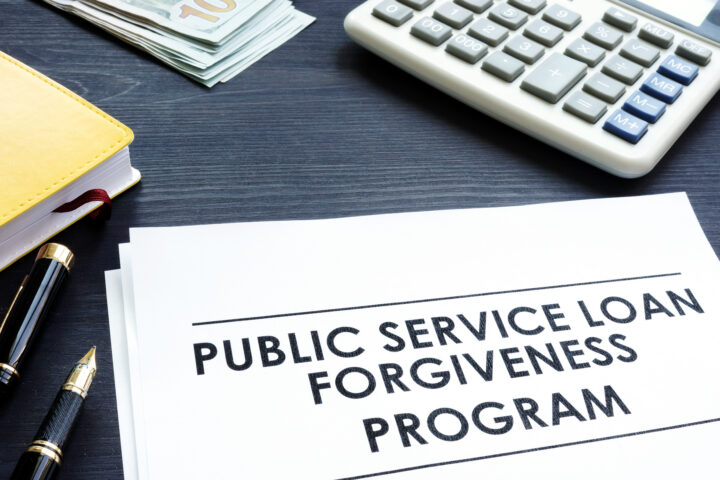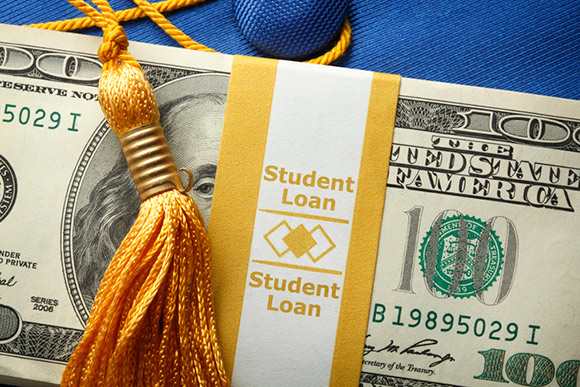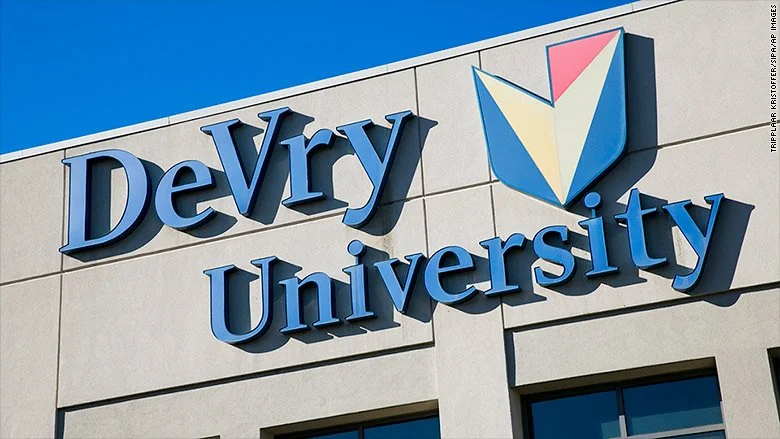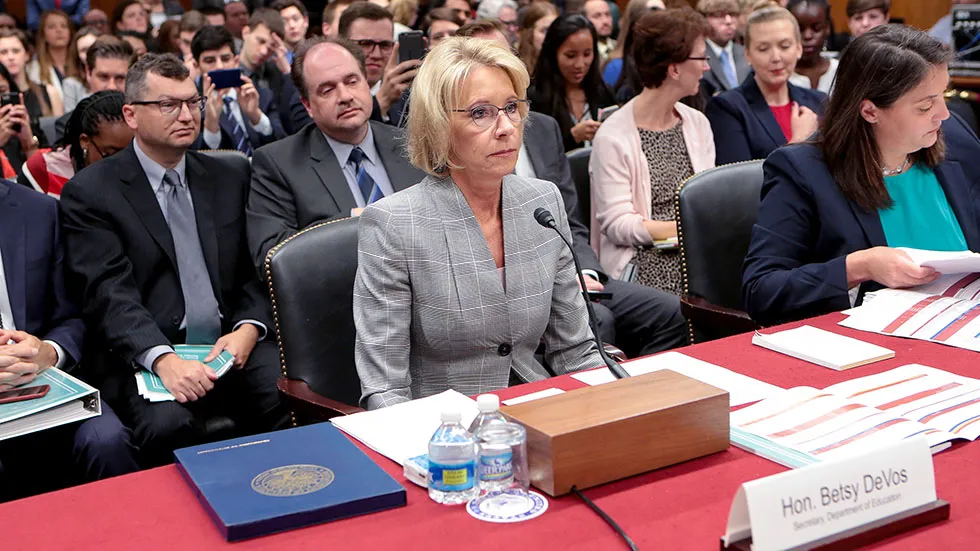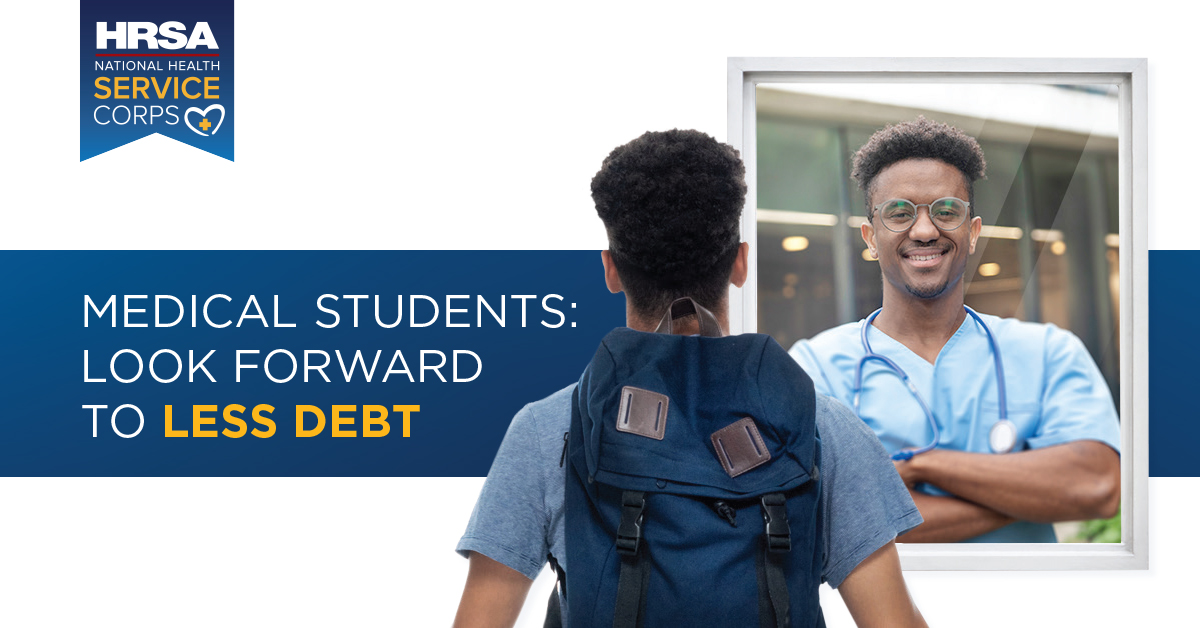
Common Questions About the Coronavirus And Student Loan Debt
Everyone is asking all sorts of questions about how Coronavirus is impacting student loans, and I’m here to help answer them all in one place!
Thanks to the Coronavirus, there are several excellent new Federal Student Loan Relief Programs offering some fantastic benefits packages, including programs letting you:
But how do these programs work, who qualifies for them, how do you sign up for them, and are they actually worth utilizing?
If you have questions about how these programs work and how student loans are being affected by the Coronavirus, you’ve come to the right place!
With that said, let’s answer the most common questions about Student Loans and the Coronavirus.

But Before I Start The Coronavirus Student Loans Q&A Session…
Let me just point out one piece of advice that I offer everyone – the best way to tackle your student loans is to pay an expert for their assistance.
If you’re truly struggling with student debt, then you should also consider paying a Student Loan Debt Relief Agency for help. Why? Because the people working at these companies deal with student loans all day, every day, and they’re your best chance at figuring out how to get your loans back under control.
I’ve interviewed all sorts of debt relief agencies over the past 10 years, talking to all sorts of so-called “experts”, and I can tell you that in all honesty I’ve only found two companies I trust to offer actual financial relief to people struggling with student loans.
For help with FEDERAL Student Loans: Call the Student Loan Relief Helpline at 1-888-906-3065. They will review your case, evaluate your options for switching repayment plans, consolidating your loans, or pursuing forgiveness benefits, then set you up to get rid of the debt as quickly as possible.
For help with PRIVATE Student Loans: Call McCarthy Law PLC at 1-877-317-0455. They will negotiate with your lender to settle your private loans for much less than you owe, then get you a new loan for the much lower, settled amount. NOTE: McCarthy Law can ONLY help with Private student loans.
If you do decide to call one of these companies and you have a bad experience with either of them, PLEASE make sure to come back and let me know about it in the Comments!
Frequently Asked Questions About Student Loans & The Coronavirus
Here’s some of the most important questions I’ve received since the coronavirus public health emergency began.
1. How Will the CARES Act Impact My Student Loans?
First, CARES is going to be a huge net positive for your student loans, as it offers a whole series of benefits that you can, and should utilize, right away, including:
- Pausing Federal student loan payments
- Pausing interest accumulation of Federal student loans
- Pausing Federal Student Loan Wage Garnishments, Tax Refund Garnishments, and Social Security Payment Garnishments
These are all major impacts on Federal student loans.
But one thing I want to make clear is that none of this applies to private student loans. If you need help with Private Student Loans, then take a look at my Guide to Private Student Loan Relief.

2. How Long Are Payments, Interest, and Collections Activities Paused?
Under the CARES Act, everything is being paused until September 30th, 2020.
That means that you won’t have to make payments, your loans won’t accumulate interest, and you even won’t have to face any garnishments if you’ve already defaulted on your debt.
Basically, Federal student loans are completely paused, for at least until the Fall.
However, keep in mind that this date could even be extended, and probably will be, especially if the COVID19 crisis continues into and through the Summer.
The longer people are out of work, the longer your student loans are likely to be paused.

3. Do I Need to Apply For These Benefits?
No, this is all happening automatically now.
Under President Trump’s initial 2 Month Coronavirus benefits packages, you had to apply to get payments paused and interest set at 0%.
But under the new, much better CARES Act, everything is being done automatically on your behalf.
That means you don’t even have to contact your servicing company to stop sending payments, or to get an interest set at 0%.
And if you’ve already Defaulted on Federal Student Loans, you won’t have to ask anyone to stop Federal student loans collections activity either; any Federal Student Loan Wage Garnishments, Social Security Payment Garnishments and Tax Refund Garnishments are now going to stop for as long as the coronavirus crisis continues.
4. Can I Keep Paying My Loans If I Want To?
Yes, of course, but why would you?
The suspension for payments and interest is happening automatically, but if you want to keep mailing in your monthly payments, then go ahead and do it.
But you shouldn’t. Because you don’t have to. And even if you DON’T send those payments in, the payments you skipped will STILL COUNT towards your requirements to earn Federal Student Loan Forgiveness Benefits.
Like the payment threshold requirements under the Public Service Loan Forgiveness Program, the Non-Profit Loan Forgiveness Program, the Government Employee Loan Forgiveness Program, etc.

5. Does CARES Offer Student Loan Forgiveness?
No, even though there have been lots of proposals seeking to provide student loan forgiveness benefits this year, and even during the COVID-19 Crisis, CARES isn’t offering any direct forgiveness.
However, that doesn’t mean you can’t USE CARES to get CREDIT towards your Forgiveness benefit!
To find out how to do that, please take a look at my Guide on Using CARES to Get Faster Federal Student Loan Forgiveness.

6. If I Pause My Payments, Will it Impact My Income-Driven Repayment Plan Forgiveness?
Nope.
Just like I explained that pausing payments will still allow those payments to count towards PSLF, any payments you skip will still count towards the forgiveness payment requirement counts on any Income-Driven Federal Student Loan Repayment Plan.
That means that if you need to make 20 years or 25 years of payments for forgiveness under your IDR plan, you’ll be eligible to save up to 6 months worth of payments under CARES.
7. All All Federal Student Loan Payments Paused?
No, unfortunately.
The only Federal Student Loans paused because of the coronavirus are those owned by the Federal Government itself.
If you have a Federal loan under the FFEL Program or the Perkins Loan Program, then you need to get in touch with your student loan servicing company to find out if you’re eligible for the CARES Act benefits.
To find out who your Servicer is, see my Guide on Federal Student Loan Servicing Companies.

8. What Other Federal Student Loan Relief Programs Should I Consider?
Even if you can’t get much help from the CARES Act (you should though, since it prevents you from having to make student loan payments for at least 6 months!) there are a ton of other excellent federal relief programs to consider utilizing.
In fact, I’ve spent the past 10 years writing over 100 Guides on ForgetStudentLoanDebt.com about the many different programs on offer, and if you need Help with your Federal Student Loans, then you will want to check out my Guides on:

9. What Private Student Loan Relief Programs Should I Look Into?
And if you have private student loans, then you won’t have access to as many benefits, but there are still several things to look into.
For Help with your Private Student Loans, take a look at my Guides on:
If you have any other questions about student loans, please feel free post them in the Comments section below.
I’ll do my best to get you a response within 24 hours!
Finally, Please Help Me Out!
Running this website is like working a second full-time job, and I can only continue to do that with YOUR support.
If you found this article useful, then PLEASE consider helping me out by sharing it on Facebook, Reddit, Twitter or wherever you communicate online.
The more people who visit FSLD, the more time I can dedicate to writing up Guides like this one and helping borrowers like you.
Thank you for visiting, and thank you so much for your support!
Disclaimer:Information obtained from Forget Student Loan Debt is for educational purposes only. You should consult a licensed financial professional before making any financial decisions. This site receives some compensation through affiliate relationships. This site is not endorsed or affiliated with the U.S. Department of Education.
